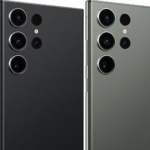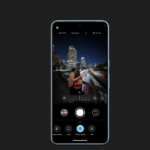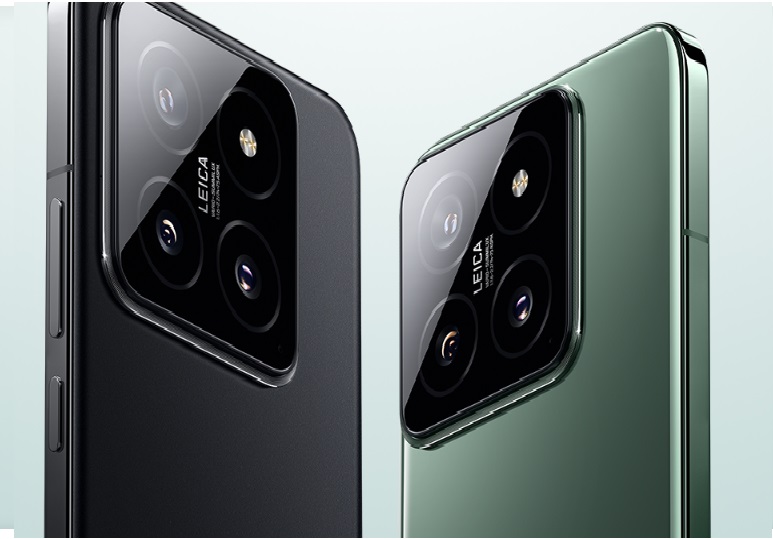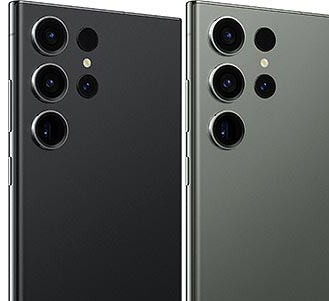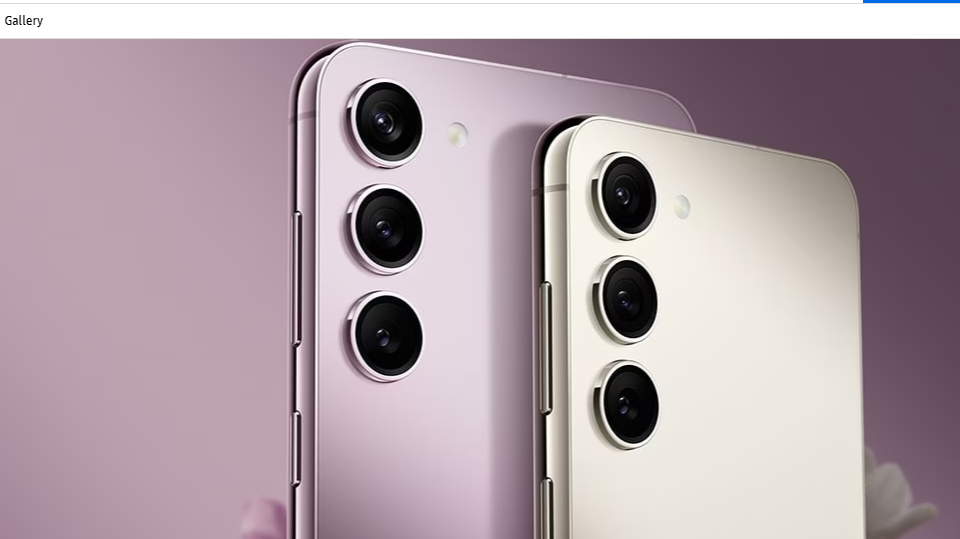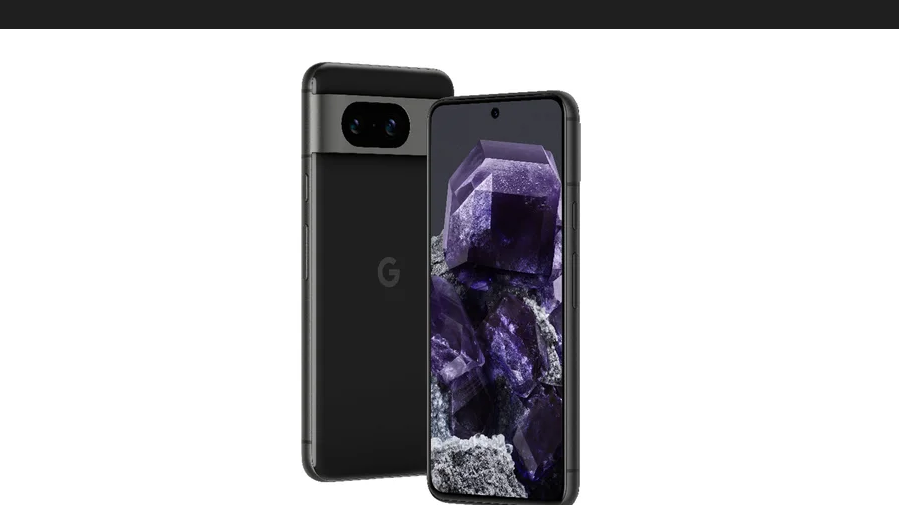
Google has unveiled its flagship smartphones for 2023, the Pixel 8 and Pixel 8 Pro, and these devices come with several noteworthy changes. While the new phones might appear similar to their predecessors at first glance, they bring about significant improvements across various aspects, including design, display, camera, and software.
Design and display
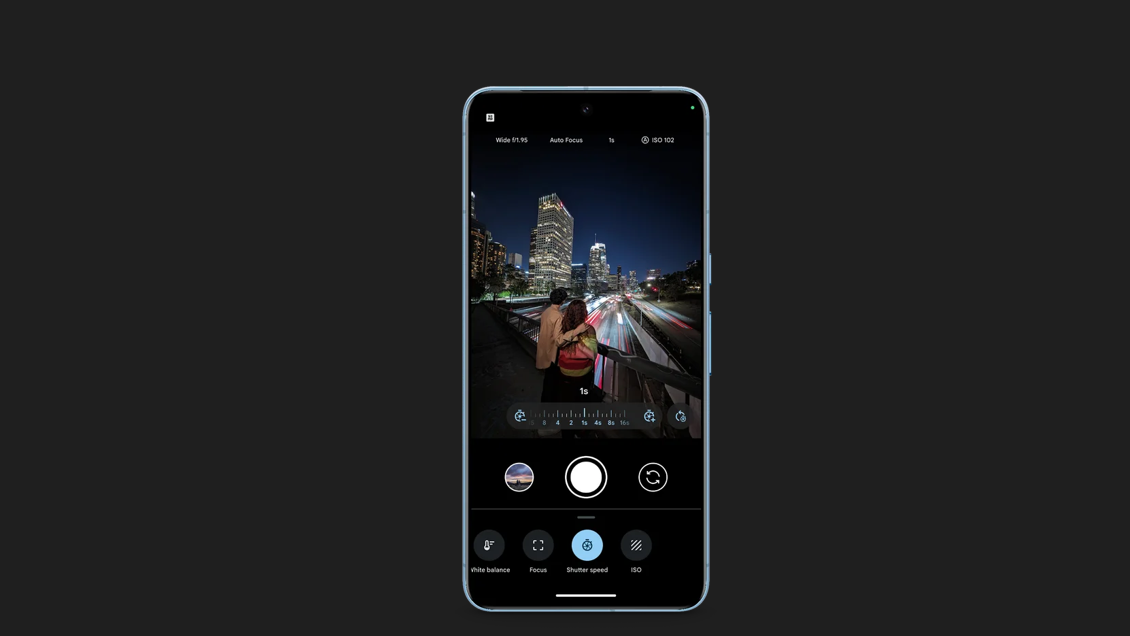
In terms of design, both the Pixel 8 and Pixel 8 Pro have undergone some subtle yet impactful changes. The curvature of the sides has been broadened, making the phones easier to grip, and the corners now have a larger radius, enhancing comfort during prolonged use. Notably, the Pixel 8 is smaller in both width and height, while the Pixel 8 Pro maintains a comfortable form factor despite its size. Aesthetically, these phones might lack the novelty of the original Pixel 6 design and appear somewhat generic, resembling older Galaxy phones. However, they have a premium feel with IP68 rating for dust and water protection.
Moving on to the display, this is where the Pixel 8 phones start to differentiate. The Pixel 8 sports a 6.2-inch OLED panel with a 2400 x 1080 resolution, offering excellent visual quality. It supports both 60Hz and 120Hz refresh rates. Meanwhile, the Pixel 8 Pro boasts a 6.7-inch OLED panel with a higher 2992 x 1344 resolution, delivering even crisper images. It can also switch between 60Hz and 120Hz, with the added ability to drop to 1Hz when not in use. The Pixel 8 Pro’s display is also flat, in contrast to the curved displays on its predecessors, and it features uniform bezels. Both displays offer stunning image quality and exceptional brightness levels, making HDR content look fantastic. However, there is a minor bug affecting the Natural color preset that switches to wide color intermittently.
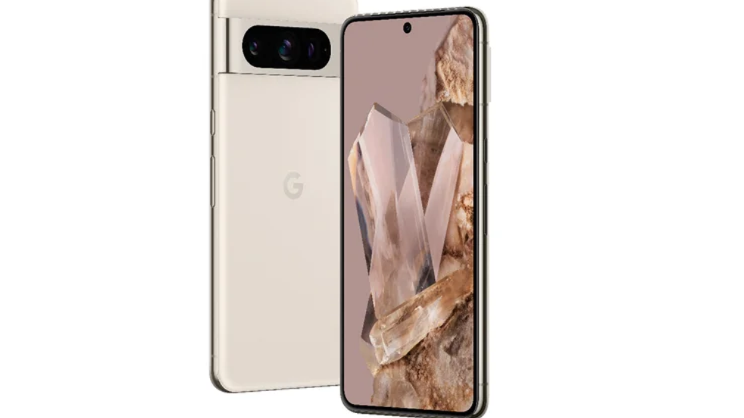
Performance and software
When it comes to software, the Pixel 8 and Pixel 8 Pro come with Android 14 out of the box, featuring Google’s exclusive suite of software enhancements, primarily focused on AI. Google Photos, in particular, introduces new AI-assisted features like Audio Magic Eraser, Magic Editor, and Best Take for photo and video editing. There are also upcoming features like Video Boost and Assistant with Bard, which combine data from multiple Google apps to provide relevant results for your queries. Additionally, a new Temperature app lets you check the temperature of various objects, although it doesn’t work with humans or animals yet.
Performance-wise, the Pixel 8 devices are equipped with the new Google Tensor G3 chip, built on Samsung’s 4nm manufacturing process. This chip features a nona-core design with varying clock speeds and a GPU called Immortalis-G715 MP10. The Pixel 8 offers 8GB of LPDDR5X memory, while the Pixel 8 Pro provides 12GB. However, the storage options vary by region. The performance is however underwhelming with the Tensor G3 chip, which has struggled even in everyday tasks, disappointing given the premium pricing of these devices.
Camera
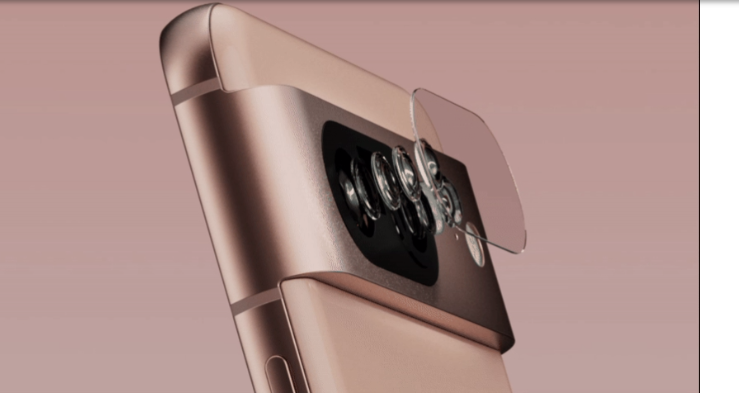
The camera improvements in the Pixel 8 series include a dual camera system on the Pixel 8 and a triple camera system on the Pixel 8 Pro. Both phones feature a new 50MP main camera with improved autofocus and stabilization.
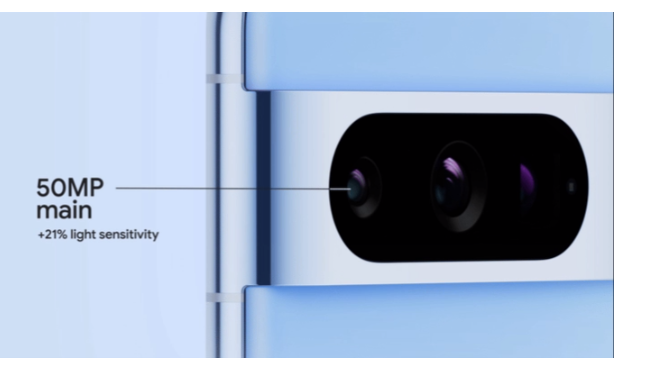
The Pixel 8 Pro adds a 48MP ultra-wide camera and an updated 48MP 5x telephoto camera. The software also introduces several enhancements, such as adjustments for brightness, shadow detail, and white balance. Manual controls, including focus peaking, shutter speed, and ISO, are available for the Pro model.
Conclusion
Overall, the Pixel 8 and Pixel 8 Pro introduce notable design changes that enhance the phone’s comfort and grip. The displays on these devices are a significant highlight, offering impressive image quality. The software experience remains clean, with a strong focus on AI features, and the promise of seven years of updates is commendable. However, the camera improvements may not be significant enough to entice existing Pixel 7 or Pixel 6 owners. One key area of disappointment is the performance of the new Tensor G3 chip, which doesn’t deliver the smooth and fast flagship experience expected from a premium device. This leads to concerns about whether Google’s decision to create its chip for AI features compromises overall performance.


